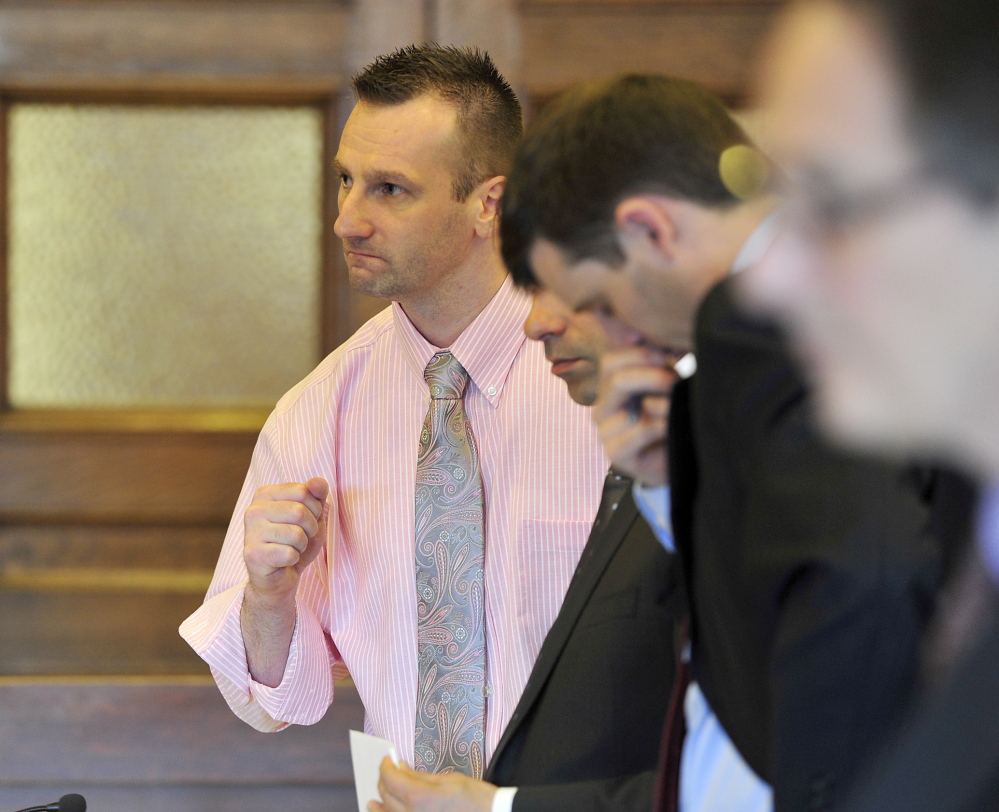AUGUSTA — A criminal defendant in Maine stripped of his right to an attorney at his trial after threatening his sixth lawyer is at the center of a push to have the state cover the costs for indigents to petition the U.S. Supreme Court.
Joshua Nisbet of Scarborough handled his own defense in 2014 with two standby attorneys after threatening a string of defense lawyers; he was convicted in the robbery case and sentenced to seven years in prison.
Since then, attorney Jamesa Drake of Auburn has taken up his petition to the Supreme Court on a pro bono basis. The Maine Commission on Indigent Legal Services has declined Drake’s request for the state to pay the petition costs.
Maine is the only state in the nation that lacks an intermediate appellate court and also refuses to pay the costs for indigent defendants to petition the country’s highest court, the Maine Association of Criminal Defense Lawyers said in arguing for the state to cover the costs. The group says the law doesn’t prohibit such assistance. Drake also has told the commission that Supreme Court justices have never endorsed the theory that a defendant can forfeit his right to counsel.
Amy Robidas, the group’s president, told the commission in a letter that Maine’s underfunded public defender system “creates a crack through which those with truly meritorious constitutional claims can fall.”
Christopher Northrop, clinical professor at the University of Maine School of Law, estimated the assistance would cost the state only a few thousand dollars a year.
“We are alone in not supporting defendants to get a second look at their case,” Northrop said.
Commission members said Tuesday they may ask a legislative committee for explicit authority to cover the petition costs.
John Pelletier, the commission’s executive director, said Supreme Court rulings have left the door open to a right to post-conviction counsel and commission Chairman Steven Carey said the law creating the commission doesn’t say it can pay for the petitions.
“I still feel that we need legislative guidance if we were to expand our authority,” Carey said.
Earlier this year, the Maine Supreme Judicial Court ruled that Nisbet willfully waived his right to counsel through his behavior, which reportedly included threatening to shoot one of his attorneys in the eye with a BB gun. The court ruled the judge was left with no lesser alternative.
The Sixth Amendment right to counsel dates to the 1963 Supreme Court ruling Gideon vs. Wainwright.
David Carroll, executive director of the Boston-based Sixth Amendment Center, noted that Clarence Gideon filed his handwritten petition to the Supreme Court at a time of substantially fewer criminal cases and a much less complex petition process.
“The process of getting to that stage is much more difficult than in Gideon’s time,” Carroll said, adding that court-appointed counsel argued Gideon’s case.
Send questions/comments to the editors.



Comments are no longer available on this story